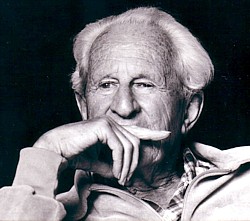
Marcial González, "Herbert Marcuse's Repudiation of Dialectics: From Reason and Revolution to One-Dimensional Thinking," in: Science & Society Vol. 82, No. 3, pp. 413-439.
Abstract: Marxist dialectics
continue to be relevant for both the study of society and political practice—a premise based on an analysis
of selected works by Herbert Marcuse. In Reason and Revolution: Hegel and the Rise of Social Theory,
published in 1941, Marcuse draws on Hegelian dialectics to defend Marxism, and he criticizes Marxists who
have abandoned the dialectic and, consequently, their revolutionary goals. By the 1960s, however, Marcuse
himself had shifted from a Hegelian-Marxist standpoint to a New Left rejection of dialectics and class
struggle. Even though his work was immensely popular during the 1960s among intellectuals, students and
activists on the left, his anti-dialectical theories weakened the analysis and contestation of capitalism
during that time. His theories were also symptomatic of a larger trend among New Left intellectuals to
abandon Marxism. This critique of Marcuse's later works suggests that for our contemporary moment
dialectical Marxism is more strategically viable than Marcuse's 1960s theories of one-dimensionality and the
techno-industrial society.
The author is professor of English at UC Berkeley